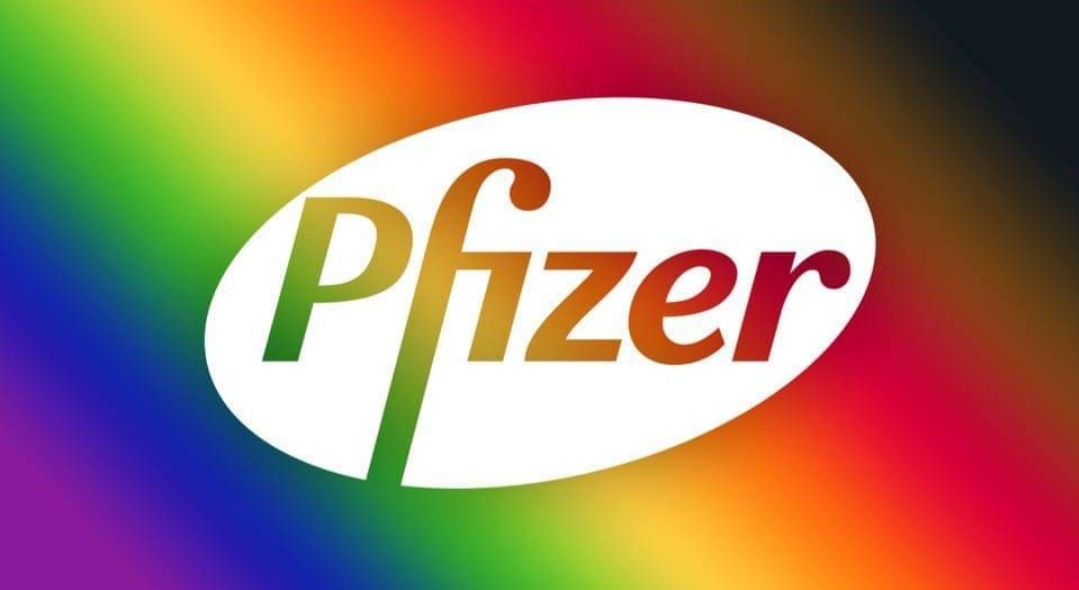
Pfizer has started mid-to-late stage trials to test an oral drug designed to prevent COVID-19 in those who’ve been exposed to the virus, the company announced Monday.
The drugmaker has moved forward in examining the effects of the oral antiviral candidate PF-07321332 after its first trial phase determined the drug was “safe and well-tolerated.” In the next phase, Pfizer will enroll up to 2,660 healthy adults who live in the same household as a person with a confirmed symptomatic COVID-19 infection.
Participants will receive the oral drug and a low dose of the HIV drug ritonavir to help slow the breakdown of PF-07321332 to keep it in the body longer, or a placebo twice daily for five to 10 days. The protease inhibitor works by blocking the activity of an enzyme that the virus needs to duplicate.
The study aims to “assess safety and efficacy” of the drug in preventing COVID-19 cases and symptoms through two weeks after exposure. Pfizer said in a release that the drug can potentially be administered “at the first sign of infection or at first awareness of an exposure without requiring patients to be hospitalized.”
Such a treatment for COVID-19 exposure has the potential to decrease infections and change the trajectory of the pandemic. Currently, there is no approved oral treatment for those exposed to COVID-19 seeking to prevent infection.
Mikael Dolsten, Pfizer’s chief scientific officer, said the company thinks developing treatments for those who catch or are exposed to the virus can help limit infections by “complementing” vaccines.
“If successful, we believe this therapy could help stop the virus early – before it has had a chance to replicate extensively – potentially preventing symptomatic disease in those who have been exposed and inhibiting the onset of infection in others,” Dolsten said.
Pfizer’s vaccine, developed with German partner BioNTech, has been the only shot approved in the U.S. to receive full Food and Drug Administration (FDA) approval so far. More than 223 million doses have been administered to Americans since its emergency authorization in December, according to Centers for Disease Control and Prevention data. (The hill)